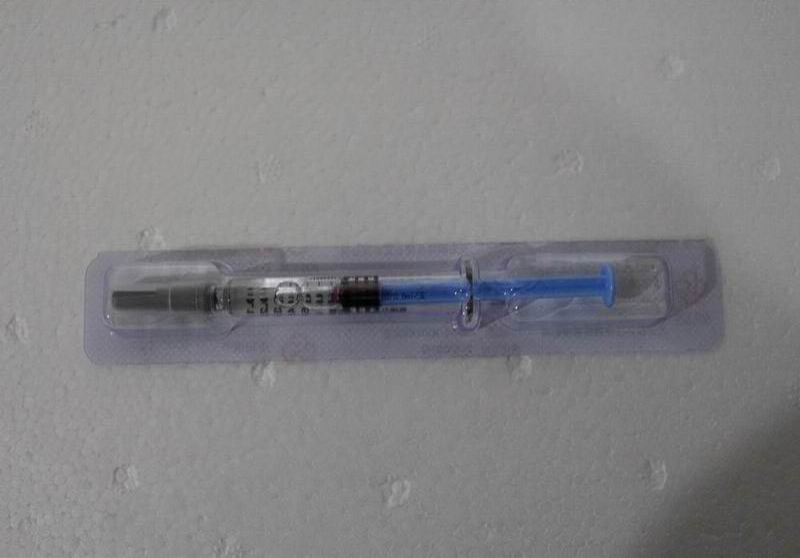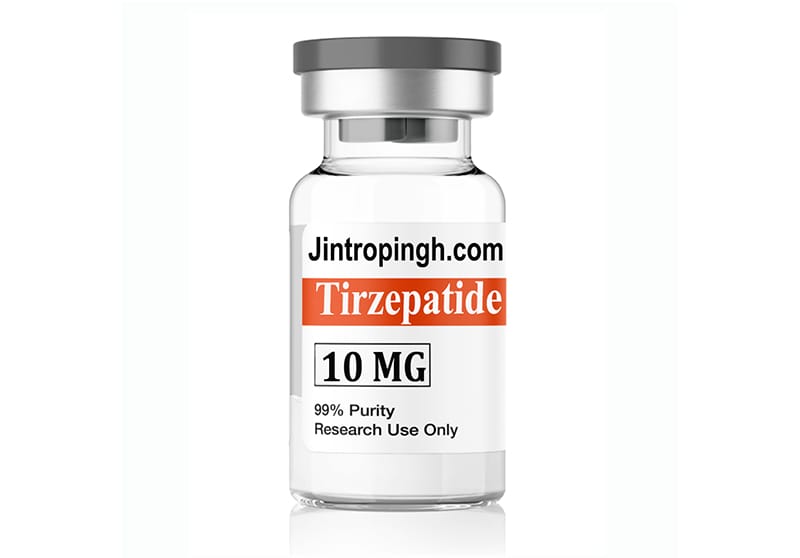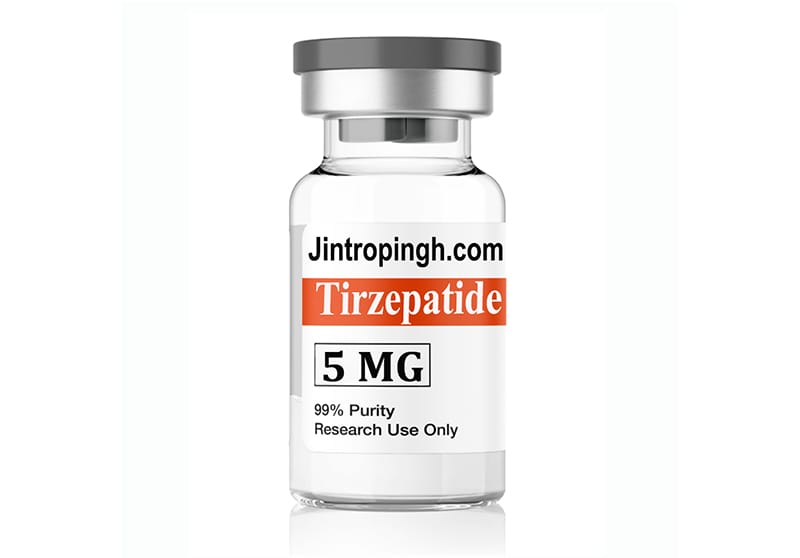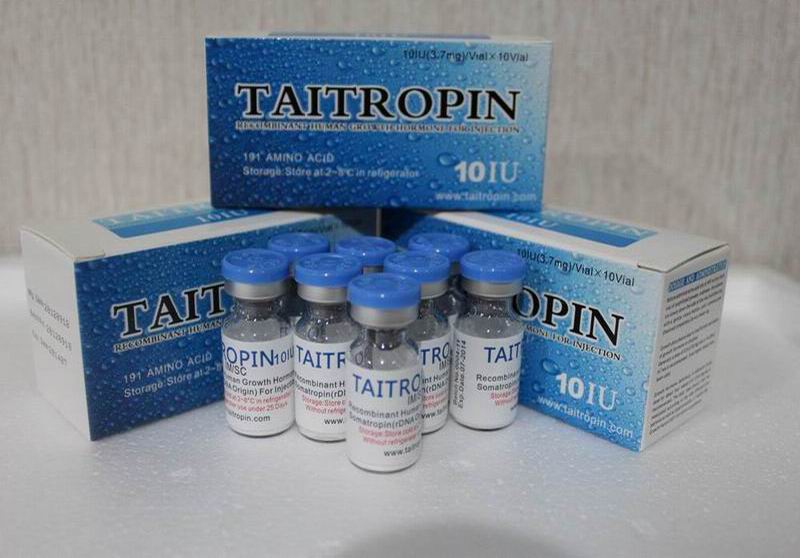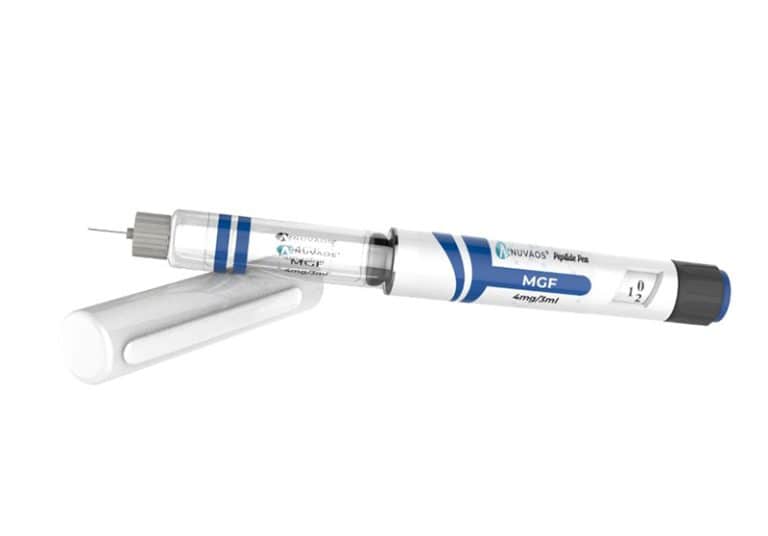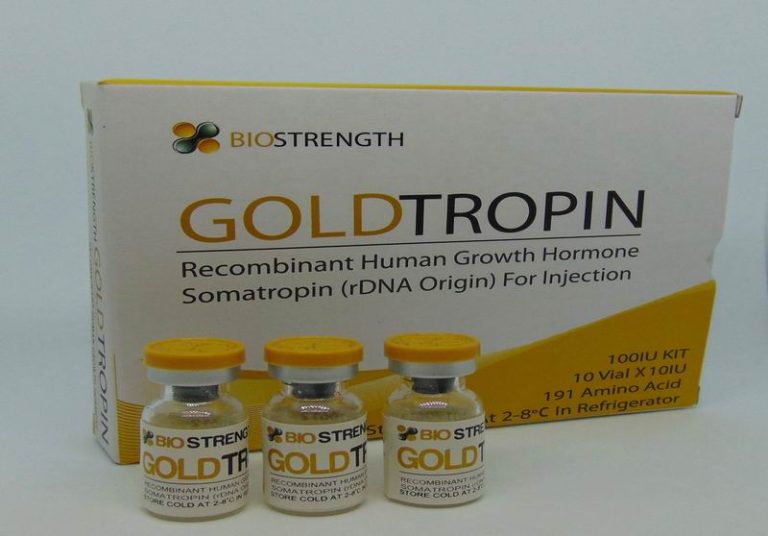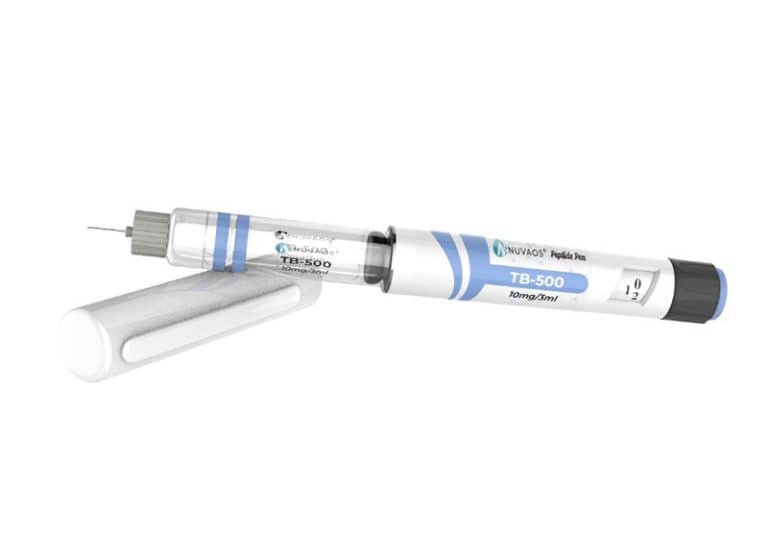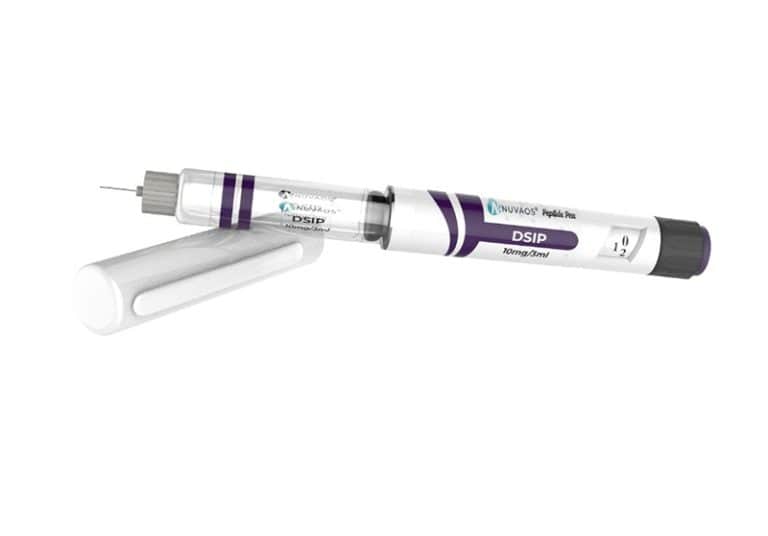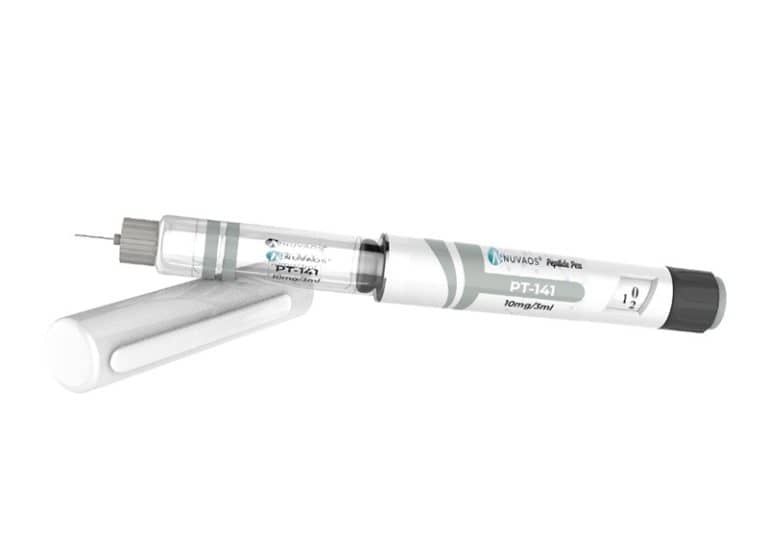Erythropoietin EPO Benefits |side effect | DOSAGE |Reviews
Erythropoietin (EPO) is a growth factor produced in the kidneys that stimulates the production of red blood cells. It works by promoting the division and differentiation of committed erythroid progenitors in the bone marrow Label.
Erythropoietin (Epo) is a glycoprotein that promotes the proliferation and differentiation of erythrocyte precursors.The major site of Epo production is the kidney, while the liver is the main extrarenal site of Epo production.
Erythropoietin is a 165-amino acid erythropoiesis-stimulating glycoprotein produced in cell culture using recombinant DNA technology and Erythropoietin is a recombinant form of human erythropoietin used to increase differentiation of progenitor. used for the treatment of patients with anemia associated with various clinical conditions, such as chronic renal failure, antiviral drug therapy, chemotherapy, or a high risk for perioperative blood loss from surgical procedures Label.
It has a molecular weight of approximately 30,400 daltons and is produced by mammalian cells into which the human erythropoietin gene has been introduced. The product contains the identical amino acid sequence of isolated natural erythropoietin and has the same biological activity as the endogenous erythropoietin.
Erythropoietin biosimilar, such as Retacrit (epoetin alfa-epbx or epoetin zeta), has been formulated to allow more access to treatment options for patients in the market . The biosimilar is approved by the FDA and EMA as a safe, effective and affordable biological product and displays equivalent clinical efficacy, potency, and purity to the reference product . Erythropoietin formulations can be administered intravenously or subcutaneously.
Erythropoietin (EPO) Indication (Proper Use)
Epoetin injection is usually given by a doctor after a kidney dialysis treatment in a hospital or clinic. However, medicines given by injection are sometimes used at home. If you will be using epoetin at home, your doctor will teach you how the injections are to be given. Be sure that you understand exactly how the medicine is to be injected.
It may be given as a shot under your skin or into a vein. If your doctor tells you to inject it in a certain way, follow your doctor’s instructions.
This medicine comes with a Medication Guide. Read and follow these instructions carefully. Ask your doctor if you have any questions.
If you are using this medicine at home:
Use a new needle and syringe each time you inject your medicine.
Do not use more medicine or use it more often than your doctor tells you to.
You will be shown the body areas where this shot can be given.
If you use the vials that have one dose, you might not use all of the medicine in each vial. Use each vial only once and throw any extra medicine away. Do not save an opened vial.
If you use the vial that has enough medicine for more than one dose, put it back in the refrigerator after use. Write the date on the vial that you first used it and throw away any unused medicine after 21 days.
Do not shake the vial before using it. Do not use this medicine if it has been frozen.
If the medicine in the vial has changed color, or if you see particles in it, do not use it.
Carefully follow your doctor’s instructions about any special diet. You may need to eat foods that contain iron, folic acid, or vitamin B12 such as eggs, certain cereals, meats, and vegetables, or you may take an iron, folic acid, or vitamin B12 supplement while you are using this medicine.
Erythropoietin (EPO) Dosing
The dose of this medicine will be different for different patients. Follow your doctor’s orders or the directions on the label. The following information includes only the average doses of this medicine. If your dose is different, do not change it unless your doctor tells you to do so.
The amount of medicine that you take depends on the strength of the medicine. Also, the number of doses you take each day, the time allowed between doses, and the length of time you take the medicine depend on the medical problem for which you are using the medicine.
For injection dosage form:
For anemia from chemotherapy:
- Adults—Dose is based on body weight and must be determined by your doctor. The starting dose is 150 units per kilogram (kg) injected under the skin three times a week or 40,000 units injected under the skin once a week. Your doctor may adjust the dose as needed.
- Children 5 years of age and older—Dose is based on body weight and must be determined by your doctor. The starting dose is 600 units per kg injected into a vein once a week. Your doctor may adjust the dose as needed.
- Children younger than 5 years of age—Use and dose must be determined by your doctor.
For anemia from chronic kidney failure on dialysis:
- Adults—Dose is based on body weight and must be determined by your doctor. The starting dose is 50 to 100 units per kilogram (kg) injected into a vein or under the skin three times a week. Your doctor may adjust the dose as needed.
- Children 1 month to 16 years of age—Dose is based on body weight and must be determined by your doctor. The starting dose is 50 units per kg injected into a vein or under the skin three times a week. Your doctor may adjust the dose as needed.
- Children younger than 1 month of age—Use and dose must be determined by your doctor.
For anemia from chronic kidney failure not on dialysis:
Adults—Dose is based on body weight and must be determined by your doctor. The starting dose is 50 to 100 units per kilogram (kg) injected into a vein or under the skin three times a week. Your doctor may adjust the dose as needed.
Children—Use and dose must be determined by your doctor.
For anemia from HIV therapy:
Adults—Dose is based on body weight and must be determined by your doctor. The starting dose is 100 units per kilogram (kg) injected into a vein or under the skin three times a week for 8 weeks. Your doctor may adjust the dose as needed.
Children—Use and dose must be determined by your doctor.
For anemia from surgery:
Adults—Dose is based on body weight and must be determined by your doctor. The starting dose is 300 units per kilogram (kg) injected under the skin for 10 days before the surgery, on the day of the surgery, and for 4 days after surgery.
Children—Use and dose must be determined by your doctor.
Missed Dose
If you miss a dose of this medicine, take it as soon as possible. However, if it is almost time for your next dose, skip the missed dose and go back to your regular dosing schedule. Do not double doses.
Erythropoietin (EPO) Side effect
1. General reaction:
A small number of patients may have headaches, low fever, fatigue, etc. at the beginning of the medication. Individual patients may have myalgia and joint pain.
Most of the adverse reactions can be improved after symptomatic treatment, and will not affect the continued use of the drug. In some cases, the above symptoms persist and should be considered for withdrawal.
2. Allergic reactions:
Very few patients may develop allergic reactions such as rash or urticaria after medication, including anaphylactic shock.
Therefore, when using this product for the first time or when using this product again,
It is recommended to use a small amount first, and then confirm that there is no abnormal reaction, and then inject the whole amount.
If abnormalities are found, stop the drug immediately and dispose of it properly.
3. Cardiovascular system:
High blood pressure,
The original hypertension is worsening and there are headaches, disturbances of consciousness, and spasms due to hypertensive encephalopathy.
It can even cause cerebral hemorrhage.
Therefore, attention should be paid to the changes in blood pressure during the treatment of erythropoietin injection.
If necessary, reduce or discontinue the drug and adjust the dose of antihypertensive drugs.
4. Blood system:
As the hematocrit increases, the blood viscosity can be significantly increased.
Therefore, care should be taken to prevent thrombosis.
5. Liver: Occasionally, GOT and GPT rise.
6. Gastrointestinal: Sometimes nausea, vomiting, loss of appetite, diarrhea, etc. occur.
Drug contraindications
1. Uncontrolled patients with severe hypertension.
2. Those who are allergic to this product and other mammalian cell derivatives, allergic to human serum albumin.
3. Infected patients, should control the infection and then use this product.
Precautions
1. During the administration of this product, the hematocrit should be checked regularly (once every week, once every two weeks), to avoid excessive erythropoiesis (confirmation of hematocrit below 36 vol%), if excessive Red blood cell growth should be treated appropriately with a pause in medication.
2. The application of this product may cause mild elevation of serum potassium. The diet should be adjusted appropriately. If the blood potassium level rises, the dosage should be adjusted according to the doctor’s advice.
3. For patients with myocardial infarction, pulmonary infarction, cerebral infarction, patients with a history of drug allergy and patients with allergic tendency should be carefully administered.
4. The demand for iron increased due to effective hematopoiesis during treatment.
A drop in serum iron concentration usually occurs. If the patient’s serum ferritin is below 100 ng/ml, or if the transferrin saturation is less than 20%, iron should be replenished daily.
5. Folic acid or vitamin B12 deficiency will reduce the efficacy of this product. Excessive aluminum can also affect the efficacy.
Erythropoietin (EPO) definition and facts
Erythropoietin (EPO) is a hormone produced by the kidney.
Erythropoietin promotes the formation of red blood cells by the bone marrow.
The erythropoietin hormone level can be detected and measured in the blood (the EPO test).
Measurement of the blood erythropoietin level can be used to detect certain medical conditions.
Erythropoietin can be synthesized and used as a treatment of some forms of anemia.
Erythropoietin has been misused as a performance-enhancing drug by some athletes.
Storage
Keep out of the reach of children.
Do not keep outdated medicine or medicine no longer needed.
Ask your healthcare professional how you should dispose of any medicine you do not use.
Store in the refrigerator. Do not freeze.
Protect the medicine from bright light. Keep your medicine in the original package until you are ready to use it.
Throw away used needles in a hard, closed container that the needles cannot poke through (puncture-resistant). Keep this container away from children and pets.

